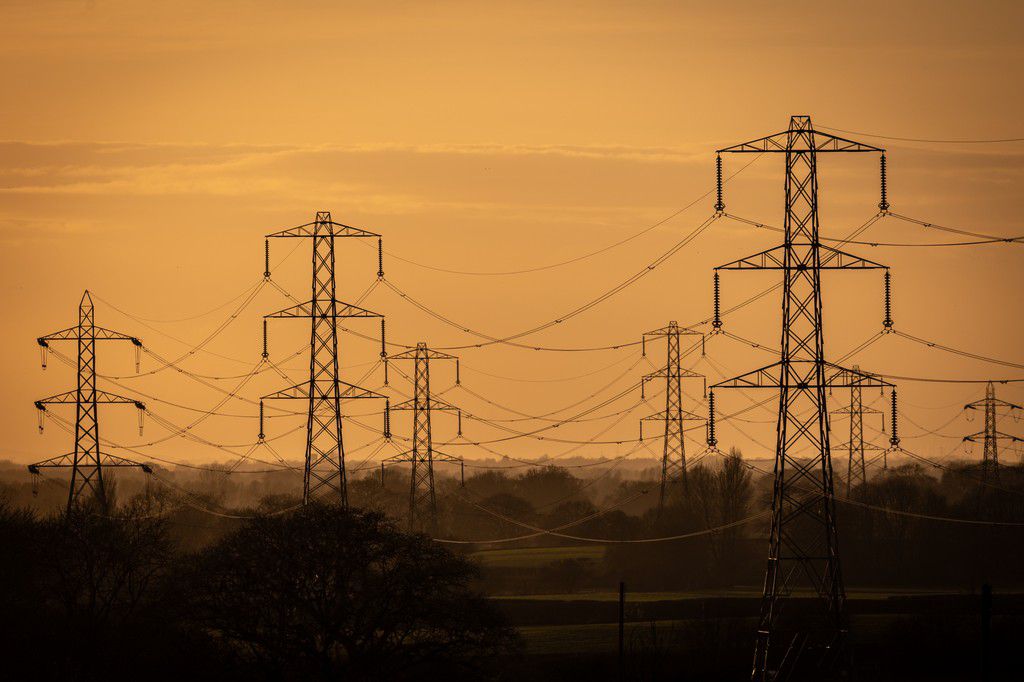Residents of the Federal Capital Territory (FCT), Lagos, and other parts of the country were thrown into darkness on Wednesday, September 10, after the national electricity grid collapsed, triggering yet another wave of blackouts.
The Abuja Electricity Distribution Company (AEDC) confirmed the incident in a public notice, stating that the outage was linked to a sudden loss of supply from the grid.
“Please be informed that the power outage currently being experienced is due to a loss of supply from the national grid at 11:23 am today, affecting electricity supply across our franchise areas.
“Rest assured, we are working closely with the relevant stakeholders to ensure power is restored once the grid is stabilised,” the company said.
The development marks the latest in a long history of power system failures in Nigeria.
In 2024 alone, the grid collapsed 12 times, and reports indicate that more than 100 collapses have occurred over the past decade.
The most recent major incident occurred in February this year, when much of the country was similarly left without power.
In April, the Nigerian Electricity Regulatory Commission (NERC) approved six companies and one private university to generate and distribute their own power, aiming to reduce reliance on the unstable grid.
However, in its July report, NERC claimed there had been no power system disturbance in the first quarter of 2025.
“There was no incidence of system disturbance on the national grid in 2025/Q1,” the commission stated at the time.
The latest collapse has sparked fresh concerns over Nigeria’s fragile power infrastructure and the ongoing strain on households and businesses that heavily depend on electricity for survival.
>
